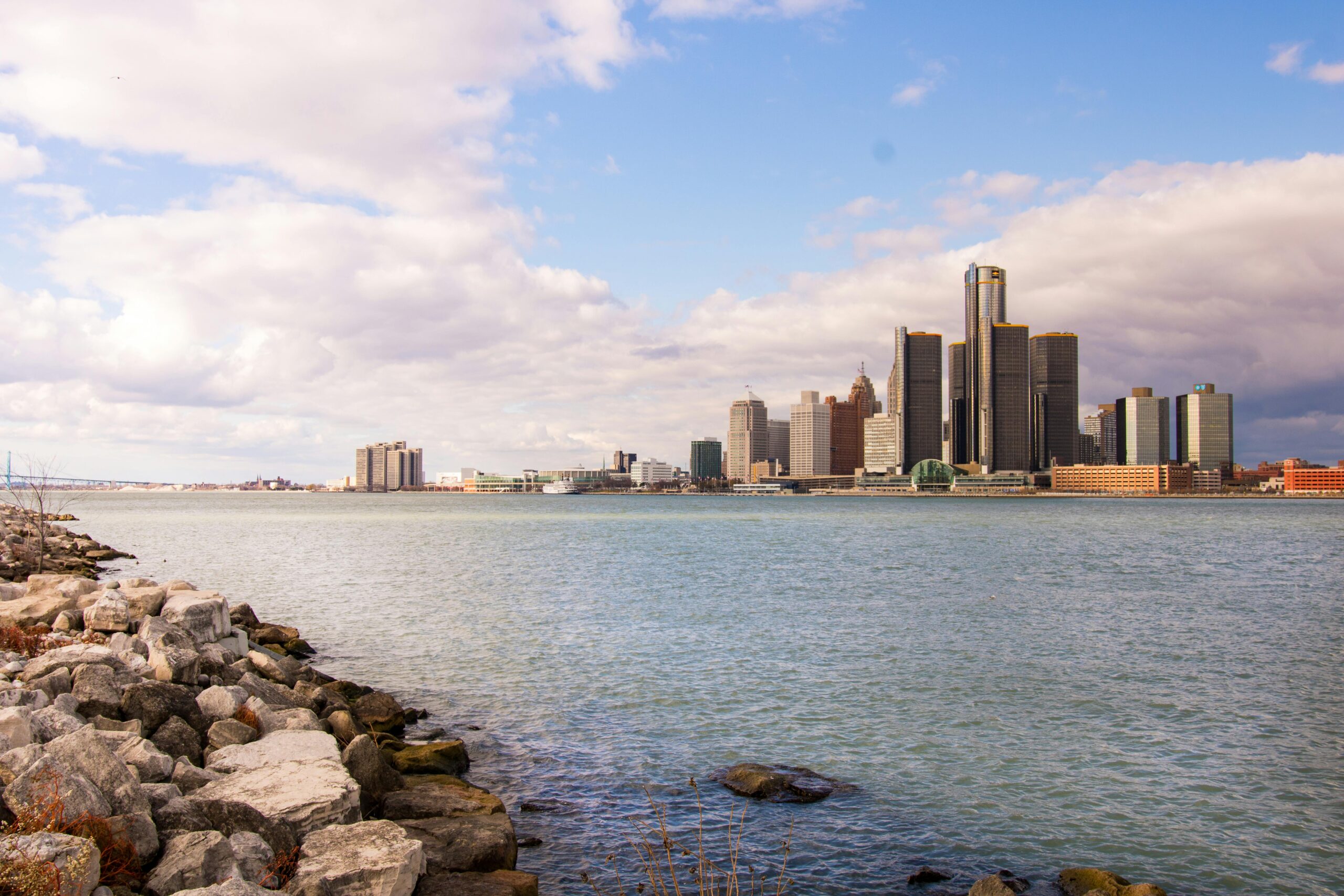Michigan, affectionately known as the “Great Lakes State,” boasts a unique geography that intertwines its residents with an abundance of water bodies. With four of the five Great Lakes—Superior, Michigan, Huron, and Erie—hugging its borders, and over 26,000 inland lakes, water is an omnipresent feature in the lives of Michiganders. This pervasive aquatic landscape raises an intriguing question: Do Michiganders have an innate need to live near water?
A State Shaped by Water
Michigan’s identity is deeply rooted in its water resources. The state’s very name is derived from the Ojibwe word “mishigami,” meaning “large water” or “great lake.” This nomenclature reflects the integral role that water has played in shaping Michigan’s history, culture, and economy. From the fur trading routes of the 17th century to the bustling port cities that spurred industrial growth, water has been central to Michigan’s development.
Population Distribution: A Tendency Towards Water
An examination of Michigan’s population distribution reveals a notable concentration of residents in proximity to water bodies. Major cities such as Detroit, Grand Rapids, and Traverse City are situated near significant water features, be it the Detroit River, Grand River, or Lake Michigan, respectively. This pattern suggests a historical and perhaps ongoing preference for settling near water.
For instance, the city of Grand Haven, located along the eastern shore of Lake Michigan, not only offers picturesque waterfronts but also provides residents with a cost of living index of 94, which is 6% lower than the national average. This affordability, combined with the allure of lakeside living, makes such areas attractive to many.
The Psychological Pull of Water
The affinity for water is not unique to Michigan; it taps into a broader human inclination known as the “blue mind” effect. This concept posits that humans are naturally drawn to aquatic environments, which can induce feelings of calm, reduce stress, and enhance overall well-being. Living near water offers recreational opportunities such as boating, fishing, and swimming, which can contribute to a healthier lifestyle.
Economic and Recreational Considerations
Beyond psychological benefits, water proximity in Michigan offers tangible economic and recreational advantages. The Great Lakes and inland waterways provide avenues for commerce, tourism, and transportation. Waterfront properties often see higher valuations, reflecting the desirability of such locations. Communities like Arcadia, nestled along Lake Michigan’s shoreline, are renowned for unspoiled beaches and scenic bluffs, attracting both residents and tourists seeking tranquility and natural beauty.
Challenges of Waterside Living
However, residing near water is not without challenges. The potential for flooding, erosion, and water-related hazards such as storms presents risks that residents must consider. Additionally, waterfront properties may attract pests like mosquitoes and experience higher humidity levels. These factors necessitate careful planning and investment in infrastructure to mitigate potential downsides.
Cultural Significance and Community Identity
Water’s influence extends into the cultural fabric of Michigan communities. Towns like Idlewild, established in 1912, served as a resort for Black Americans during segregation, earning the moniker “Black Eden.” While its prominence declined post-Civil Rights Act, efforts to revitalize Idlewild continue, highlighting the enduring cultural and historical significance of these water-centric communities.
Conclusion: An Innate Connection?
While it may be an overstatement to claim an innate need, there is a discernible and multifaceted connection between Michiganders and their waterways. This relationship is woven through historical development, economic opportunities, recreational pursuits, psychological well-being, and cultural identity. The state’s abundant water resources have not only shaped its physical landscape but also the lives and preferences of its inhabitants. Whether by choice or circumstance, living near water remains a defining characteristic of the Michigan experience, reflecting a deep-seated bond that continues to influence settlement patterns and community life.
(Source : newsbreak.com)






